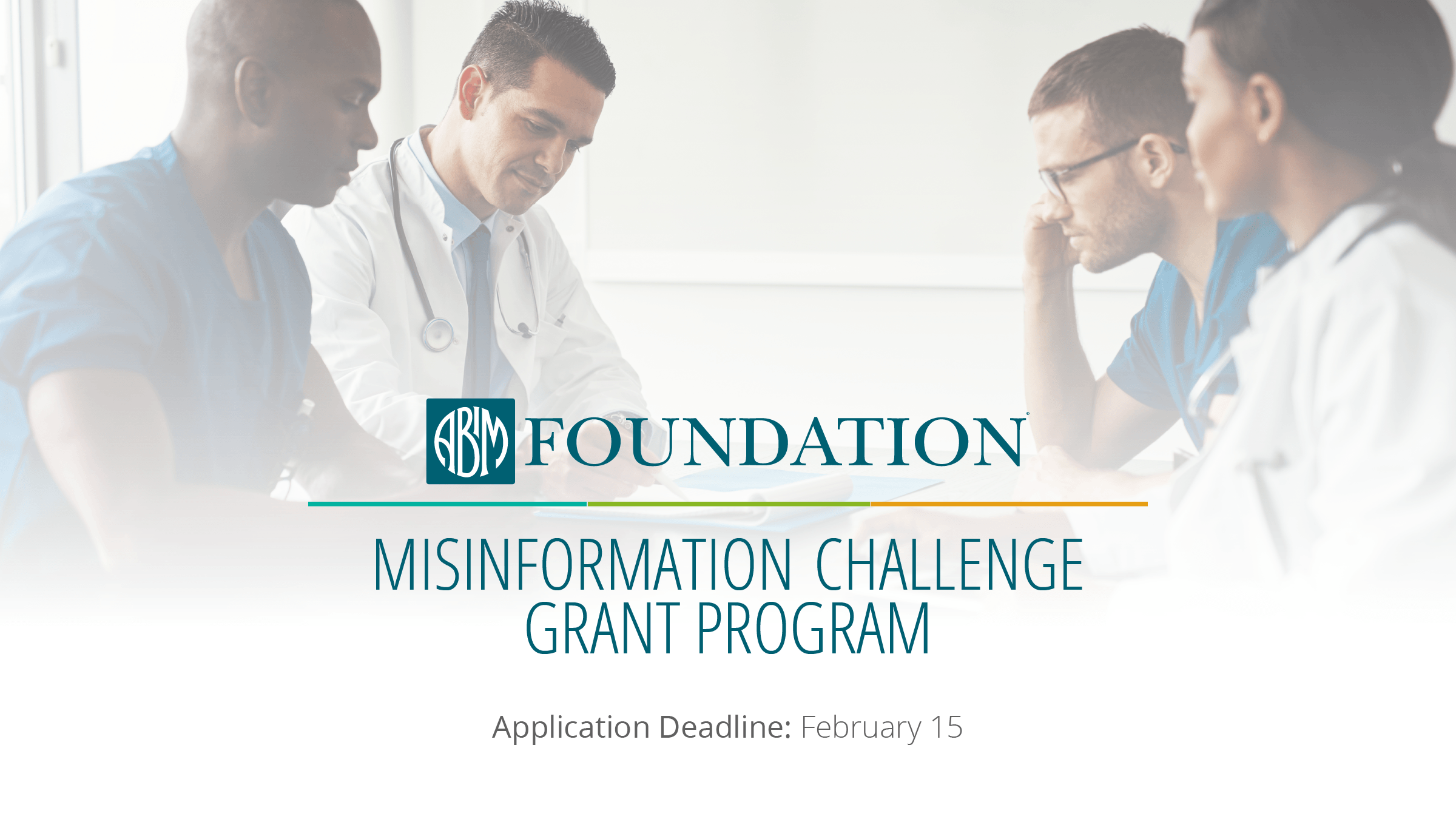Building trust in a pandemic by addressing social determinants of health
The COVID-19 pandemic has hit the communities that were already under-served by health care and other institutions the hardest. Over the past 18 months, addressing social determinants of health — the conditions in which we live and work — has taken on more urgent importance. Trauma has been widespread and far-reaching, particularly in communities that confront daily racism and other forms of marginalization. And distrust in our systems has heightened.
At the Camden Coalition of Healthcare Providers, much of our work improving care for people with complex health and social needs centers on building and rebuilding trust: first and foremost, our care teams build trust with patients, and with the health care and social service providers we connect patients to. Our data team builds trust with organizations throughout the region to enable cross-sector data-sharing, which facilitates a less fragmented continuum of care. Our policy team builds trust with national advocates and state policymakers to advance large-scale changes that would improve services for those who need it most. Without a foundation of trust, we can’t build the interconnected complex care ecosystem that provides our clients with the help and services they need to achieve better health and well-being.
When COVID-19 swept the country in the spring of 2020, we leveraged the trust we had spent decades building in Camden to bring vulnerable community members, the institutions that serve them, and local and state policymakers together. We listened to what was needed and advocated for strong, equitable responses that centered on those at highest risk. For the past year and a half, we have leveraged our trusted partnerships to ensure access to testing, vaccination, services, and accurate information for communities throughout Camden and South Jersey.
For example, access to transportation is a social determinant of health that took on heightened importance during the pandemic. Initial mass testing sites were only accessible by car, so we advocated for, set up, and staffed testing sites that were easily accessible by foot and public transit, in locations that our data showed were COVID-19 hotspots. We also knew that our community members were as affected by the social and economic impacts of the pandemic as by the virus itself, so at the testing sites we screened for social needs and connected residents to social service navigators in addition to providing clinical services.
As communities across the country continue to grapple with distrust and deepening health disparities as the pandemic stretches on, the need to regain and rebuild trusting relationships is more important than ever. To that end, we have dedicated the sixth annual conference of our National Center for Complex Health and Social Needs, Putting Care at the Center 2021, to the theme of trust, trauma, and healing in our communities.
Over the course of three half-day virtual sessions on October 20-22, we will explore the theme of trust and its relationship to trauma and healing in the context of the COVID-19 pandemic. Three plenary panels will discuss trust between patient and provider, trust between organizations in a community, and trust between the public and our systems. Keynote speakers Daniel Dawes and Dr. Angel Love Miles will address political determinants of health and disability justice, and complex care innovators will share their lessons with others through workshop sessions, an interactive Beehive, and informal networking opportunities.
This convening of stakeholders from across the country is an important step in sharing the models that will advance the field of complex care in countless health systems and communities, while also recognizing the vital role of trust in ensuring equitable health care for all.
Upcoming Trust Conversation Series:
Kathleen Noonan
November 9 – 4pm ET


